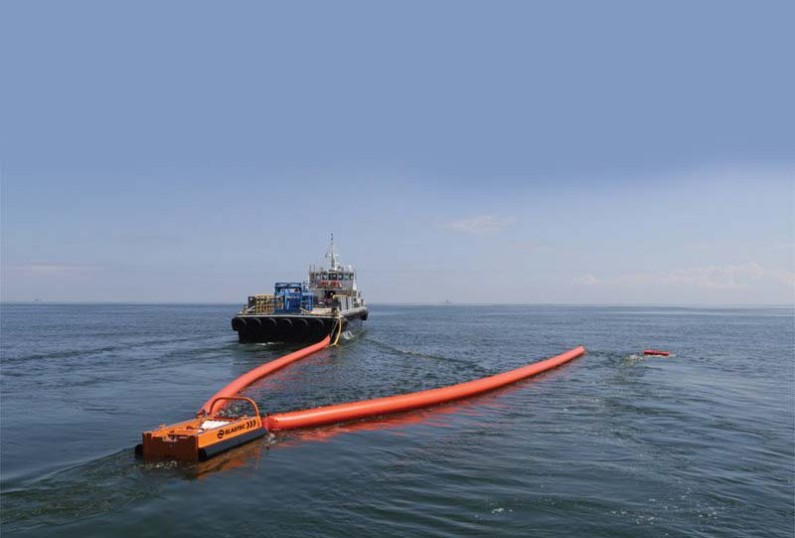
In a report on Guyana’s preparedness for marine oil spill response, the Auditor General Deodat Sharma warns that significant legal and operational gaps could hamper the country’s response to an oil spill.
“The government has plans and resources to respond to marine oil spills but there are significant legal and operational gaps that could hamper response efforts. This is especially true of larger spills, where risks are greatest,” a section of the report laid in the National Assembly today read.
The performance audit was conducted for the period January 2019 to June 2020.
The Auditor General explained in his report at the time that the legal and regulatory framework, which included the National Oil Spill Contingency Plan, should be reviewed to ensure that the government’s requirements for oil spill response are not only well-defined but established to allow for a safe, efficient and effective response in the event of a hazardous oil spill.
The Office of the Auditor General, in conducting the review, found that regulations for spill response to protect human health and the environment were not in place.
“The government has not made or even identified all the legal changes required by international treaties, including those dating back to the 1990s. Moreover, not all identified legal gaps have been addressed. For example, regulations to control the use of hazardous chemicals and the burning of oil during a spill incident are absent,” the Auditor General explained.
Further, it was observed that no action was taken by the Government at the time to approve draft regulations to protect against oil spills. “Regulations for environmental protection and pollution control from petroleum activities in an offshore area were not finalized, five years after being drafted,” Mr Sharma pointed out in his report.
Citing an example, he said proposed regulations include requirements for emergency response procedures to be taken by operators during an oil spill incident.
It was noted that while an oil spill response plan was in place, it had operational and resourcing gaps. It was explained that the government did not conduct an assessment to identify all the risks that may arise.
“Where risks were identified, there are gaps that could hamper spill response,” it emphasizing. The Civil Defence Commission, in its response to the Audit Office, said that the resources readily available are appropriate for responding only to small and medium size spills.
Given the existing weaknesses in the country’s oil spill response plan, the Audit Office stressed the need for the government to put systems in place to address the gaps.
Guyana commenced oil production in December 2019.

















You must be logged in to post a comment Login